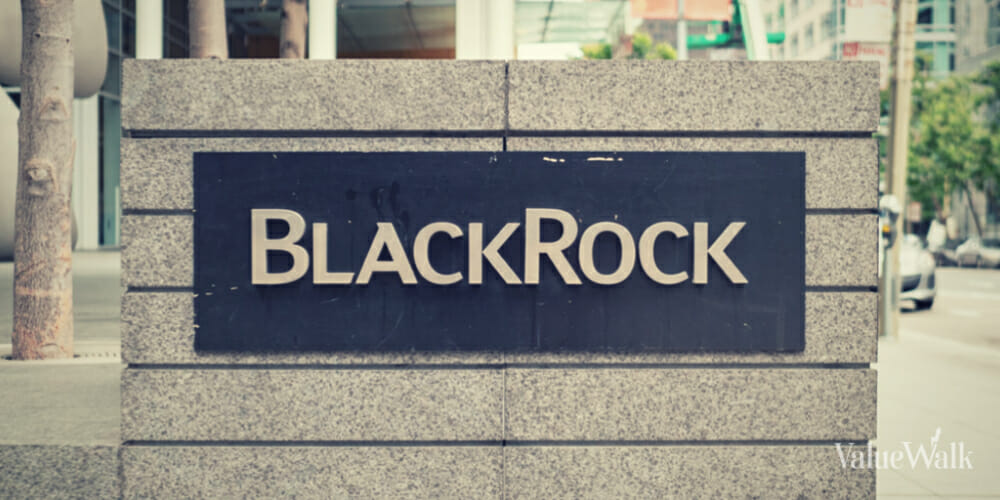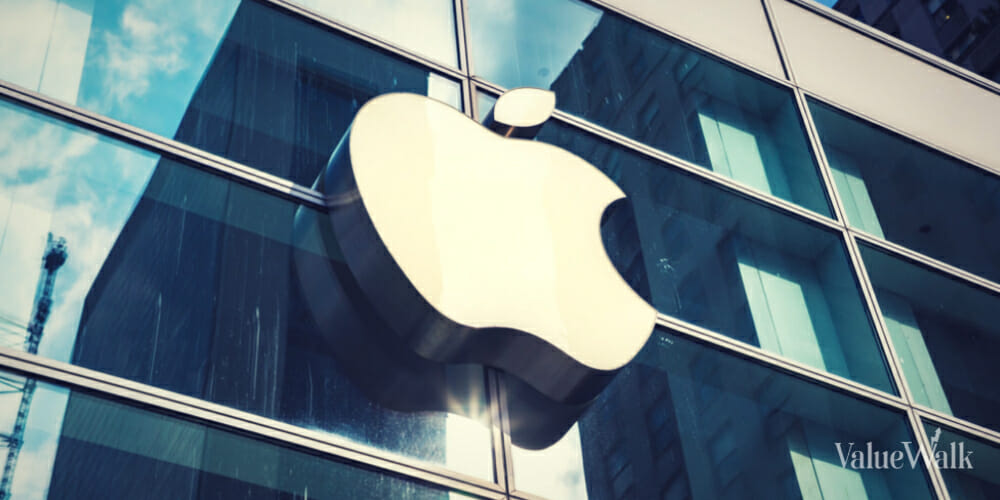The world’s largest asset manager just got bigger as BlackRock (NYSE:BLK) grew its assets under management (AUM) by 10% in the fourth quarter, topping $10 trillion in AUM. For the full year, the firm’s total assets grew 16%.
However, BlackRock also grew by acquiring Global Infrastructure Partners, an investment firm with $100 billion in assets focused on private market infrastructure. BlackRock paid $3 billion and 12 million shares of its own stock for the company.
BlackRock also became one of the first 11 companies to get approval to launch a spot bitcoin exchange-traded product, the iShares Bitcoin Trust (NASDAQ:IBIT), on Wednesday. It also posted fourth-quarter and full-year earnings on Friday, beating estimates. Here’s a recap of BlackRock’s busy week.
Investing in infrastructure
For the fourth quarter, BlackRock saw its revenue climb 7% year over year to $4.6 billion, while its earnings increased 9% to $1.4 billion, or $9.15 per share. Both numbers beat analysts’ estimates.
Net flows into the firm’s funds were down 16% year over year in the quarter to $96 billion. BlackRock had $9 billion in net outflows from its retail mutual funds and $16 billion in outflows from its institutional accounts last quarter. However, it had $88 billion in inflows into its exchange-traded funds (ETFs) and $33 billion in inflows for its cash-management products like money market funds.
For the full year, BlackRock recorded $289 billion in net inflows, down slightly from $307 billion in 2022. As mentioned earlier, its AUM also improved, jumping 16% to $10 trillion, mainly on rising asset levels due to market appreciation. BlackRock’s revenue was flat for the year at $17.9 billion while its net income was up 6% to $5.5 billion, or $36.51 per share. Expenses ticked slightly higher in the quarter to $3 billion from $2.9 billion in Q3.
With the acquisition of GIP, BlackRock will become the second-largest manager of private market infrastructure with $150 billion in AUM. Chairman and CEO Laurence Fink sees big growth potential in this $1 trillion market as global demand for digital infrastructure like broadband, cell towers, and data centers; transportation hubs like airports, railroads, and shipping ports; and decarbonization and energy security are all on the rise.
“Infrastructure is one of the most exciting long-term investment opportunities, as a number of structural shifts re-shape the global economy,” Fink said in a statement. “We believe the expansion of both physical and digital infrastructure will continue to accelerate, as governments prioritize self-sufficiency and security through increased domestic industrial capacity, energy independence, and onshoring or near-shoring of critical sectors. Policymakers are only just beginning to implement once-in-a-generation financial incentives for new infrastructure technologies and projects.”
Layoffs and restructuring
Earlier this week, Fink informed employees that the firm would layoff 3% of its staff, or about 600 workers, as part of a restructuring initiative. Fink and BlackRock President Rob Kapito said the layoffs are to adapt to the changing landscape of the industry, so new jobs will be added in higher growth areas, according to Business Insider, which reviewed and posted the internal memo announcing the layoffs.
By the end of 2024, the BlackRock executives expect the company to have a larger workforce, with personnel added where growth is expected, like in ETFs, new technologies, and international markets, among other areas. Fink addressed this restructuring in the fourth-quarter earnings report, saying that the “strategic re-architecture of our organization will simplify and improve how we work and deliver for clients.”
BlackRock did not offer guidance in its earnings report, but its stock price is fairly cyclical and tied to the movements of the market. However, the firm does have advantages over its competitors due to its sheer size, breadth of products, and leadership in ETFs.
As mentioned earlier, it just launched a new spot bitcoin ETF, one of only 11 on the market. This new acquisition of GIP should also help BlackRock further diversify its revenue stream.
The firm’s stock price was largely unaffected by Fridayʻs earnings, down about 0.4% in morning trading to about $790 per share. It has a forward price-to-earnings (P/E) ratio of 21. There could be some volatility this year, but because of its market dominance, BlackRock is typically worth considering as a long-term holding.





